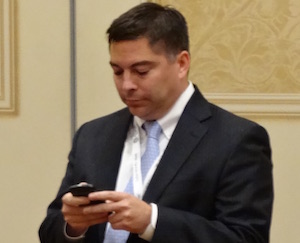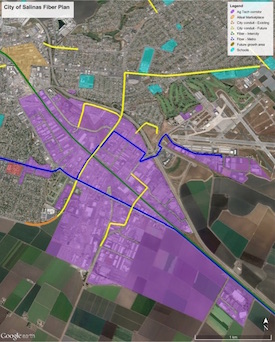Broadband service gets permanent state, local tax exemption

It’s blurry when you bundle, though.
A permanent ban on state and local taxes on Internet access was approved by the U.S. congress on Thursday, and sent on to the president, who said he will sign it. It’s a permanent extension of an existing law that says that states and local governments may not impose “taxes on Internet access” or “multiple or discriminatory taxes on electronic commerce”. The measure – which was tacked onto the end of an international trade bill – also phases out an exception for seven states that taxed Internet access before congress enacted the original ban.… More

![By brewbooks from near Seattle, USA (Shoveling manure) [CC BY-SA 2.0 (https://creativecommons.org/licenses/by-sa/2.0)], via Wikimedia Commons](https://www.tellusventure.com/images/2016/2/shovelling_manure.jpg)


![By Taken by fir0002 | flagstaffotos.com.au Canon 20D + Canon 70-200mm f/2.8 L (Own work) [GFDL 1.2 (https://www.gnu.org/licenses/old-licenses/fdl-1.2.html)], via Wikimedia Commons](https://www.tellusventure.com/images/2016/1/monopoly_board.jpg)



